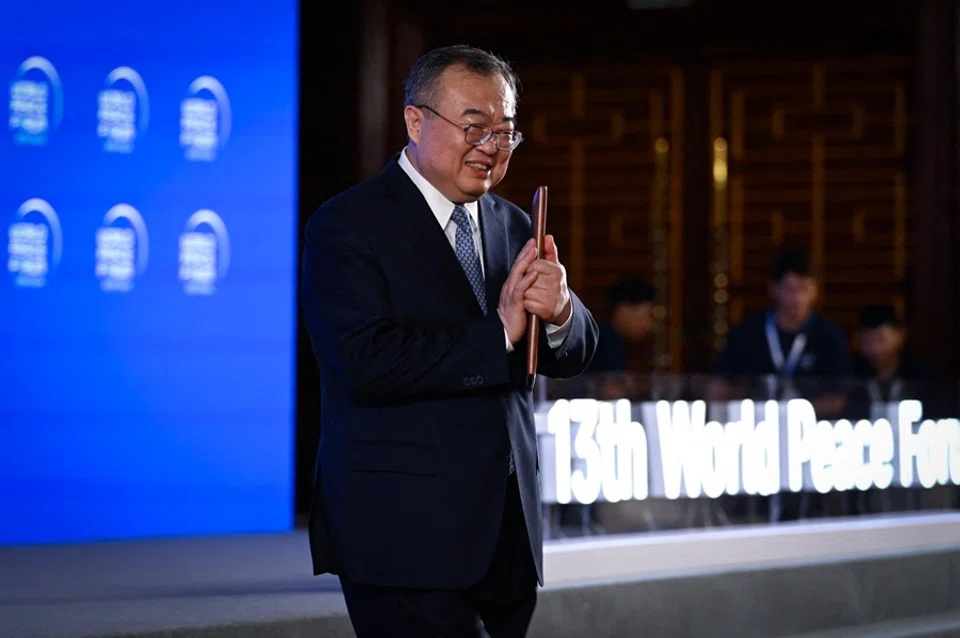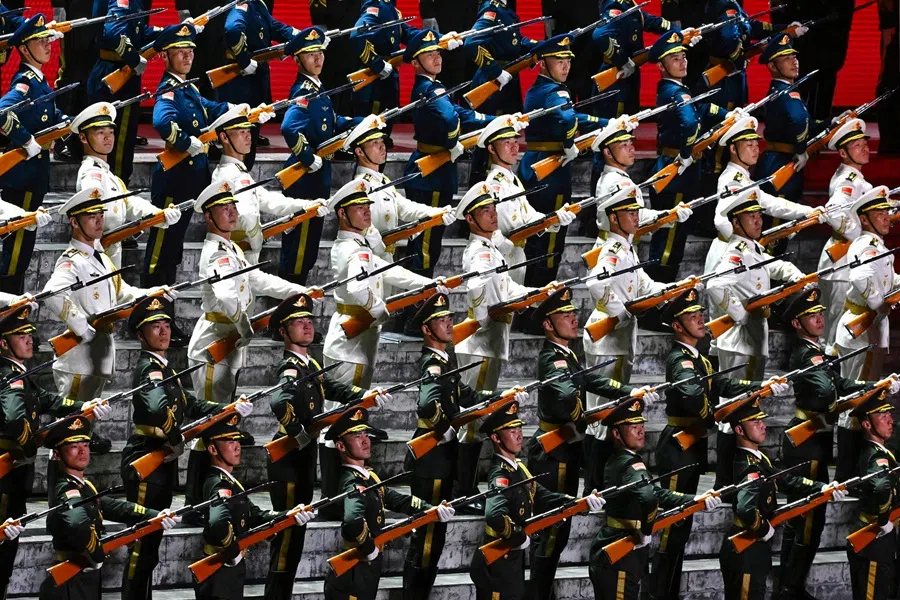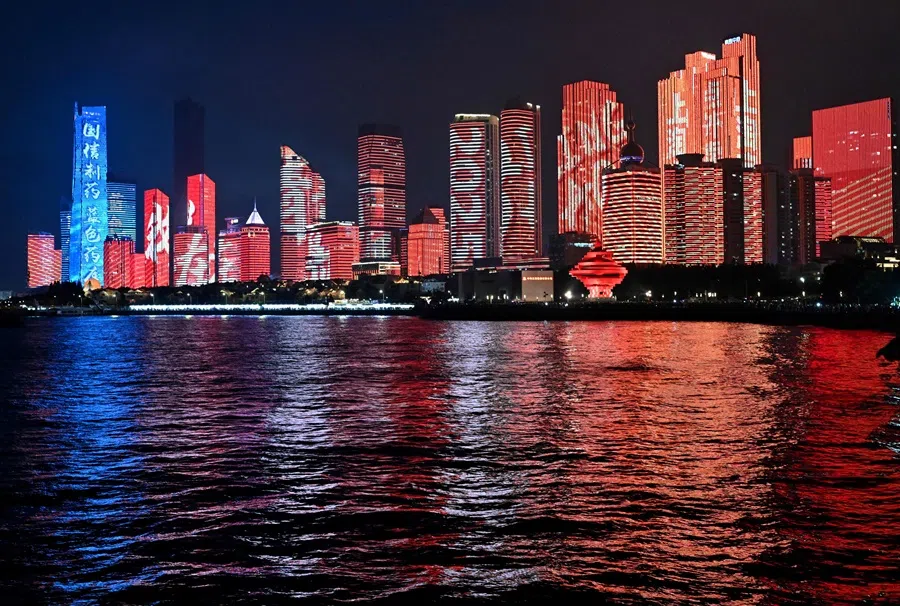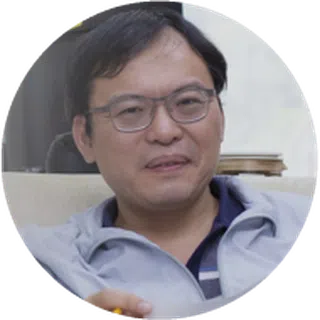When every official is a suspect: Why Xi won’t stop purging
The recent “disappearance” of senior Chinese diplomat Liu Jianchao has academic Wen-Hsuan Tsai thinking that recent events are likely to be part of a “campaign-style purge” orchestrated by Xi Jinping, aimed at creating an atmosphere of terror within officialdom.

Minister of the International Department of the Communist Party of China (CPC) Liu Jianchao has not been heard from in public since his return from an overseas trip on 30 July. The Wall Street Journal reported that Liu was detained and interrogated by the Beijing authorities. Rumours circulated that Liu’s deputy, Sun Haiyan, was also under investigation. This has sparked a resurgence of speculation about power struggles within the CPC’s top leadership and who is likely to replace Liu.
In my opinion, these recent events are likely part of a “campaign-style purge” orchestrated by Chinese President Xi Jinping, aimed at creating an atmosphere of terror within the officialdom. This reminds us of what went on under Leninist regimes such as those led by Stalin and Mao Zedong.
... signal Xi’s commitment to a tough stance on corruption and his demand for absolute loyalty from officials across all sectors...
Targeting prominent figures
Xi Jinping’s purge primarily involves clearing out various bureaucratic systems, one at a time. It is designed to isolate cadres and further eliminate the possibility of factionalism within the party. Of course, the ultimate purpose of the purge is to consolidate Xi’s position at the “core” of the leadership.
These developments are also intended to signal Xi’s commitment to a tough stance on corruption and his demand for absolute loyalty from officials across all sectors — including technology, finance, religion, the People’s Liberation Army (PLA) and foreign affairs.
The targets of the purge so far have all been prominent figures in these sectors, including Liu Tianran (son of the economist and former Vice-Premier Liu He), Yang Chao (former president of China Life Insurance), Shi Yongxin (abbot of the Shaolin Temple), He Weidong (vice-chairman of the Central Military Commission), and — most recently — Liu Jianchao.
This indicates a determined campaign, ostensibly aimed at combating corruption but also intended to constrain the authority of various bureaucratic systems, and guarantee loyalty among party and government officials as well as in wider society.
Diplomats susceptible to foreign influence
In addition to enforcing loyalty, the recent purge within China’s foreign affairs system is likely part of its broader strategy in the ongoing strategic competition with the US. Besides promoting professional competence, the investigations into malpractice are primarily intended to ensure that officials’ behaviour aligns closely with Xi’s vision of “comprehensive national security” and the “spirit of struggle”.
Foreign affairs officials, whose jobs expose them to international contacts, are seen as particularly prone to disloyalty.

Foreign affairs officials, whose jobs expose them to international contacts, are seen as particularly prone to disloyalty. That is why the primary criterion for evaluating their performance is “political security”, rather than their flexible negotiation skills or pragmatic decision-making.
Creating a constant atmosphere of fear of punishment among officials within the system serves to isolate cadres from their colleagues. This may indeed encourage obedience to the central authorities, but it could have the effect of making officials too cautious, conservative, and lacking in flexibility, and it is hardly conducive to professional diplomatic behaviour.
Liu Jianchao’s fate may be similar to that of former Foreign Minister Qin Gang.
Why Liu Jianchao?
Liu Jianchao, with his long track record in foreign affairs, was seen as a rising star in the field. Some commentators have speculated that his detention was prompted by a secret meeting he held with a US presidential aide, during which he is said to have leaked rumours that Xi Jinping might resign. Others have suggested that he is being investigated for involvement in the transfers of assets by other high-ranking officials and businesspeople.
While these claims cannot be confirmed, they do suggest a common thread: given Xi Jinping’s suspicious nature, any official with close ties to foreign countries is likely to attract attention.
Liu Jianchao’s fate may be similar to that of former Foreign Minister Qin Gang. As the head of the International Liaison Department and a potential candidate for the post of foreign minister, Liu was inevitably facing increased scrutiny.
Furthermore, from the perspective of factional politics, if private networks exist within the foreign affairs system, Liu Jianchao’s position would make him an obvious target for other officials wishing to curry favour with him. This kind of formation of cliques (团团伙伙 tuantuan huohuo) is frowned upon in the party and may be another reason for Liu’s detention.
Discouraging cronyism
As I mentioned above, the precise reason for Liu Jianchao’s detention is unclear, and there is no evidence to suggest other International Liaison Department officials have been removed, so we cannot draw a comparison with the CPC’s massive purge of the PLA.
However, the PLA and the International Liaison Department may perform similar roles in the CPC’s current foreign policy strategy in that they serve as the “two legs” of China’s strategic competition with the US — the International Liaison Department assists the Ministry of Foreign Affairs in conducting diplomatic negotiations, while the PLA’s task is to enhance strategic deterrence through its military exercises.
Overall, Xi Jinping’s use of terms like opposing “external forces” and “hostile forces” hints at suspicions of internal disloyalty and potential collusion between some military personnel and foreign powers, suggesting a heightened emphasis on the military’s role in exercising China’s “hard power”.
This approach is aimed at instilling a sense of insecurity among officials, dismantling cliques, and discouraging cronyism within the regime.

We should not underestimate the impact of Liu Jianchao’s detention on China’s foreign affairs system. While there is currently no indication that the purge will be significantly expanded, it would be worthwhile to keep an eye on developments.
Furthermore, purges resulting from the campaign to combat official corruption and political struggles within the regime have maintained their momentum in recent years, and Xi Jinping will likely continue with “campaign-style purges” while he remains in power.
Consequently, various party and government departments, and even sections of wider society, may become targets of the crackdown. This approach is aimed at instilling a sense of insecurity among officials, dismantling cliques, and discouraging cronyism within the regime.
Political security trumps professional expertise
In summary, the removal of Liu Jianchao suggests that Xi Jinping may be conducting a “campaign-style purge” within officialdom, covering the military, the finance and technology sectors, and society as a whole, as well as foreign affairs.
Within the foreign affairs system, political security now trumps professional expertise and loyalty is the most important criterion for judging officials’ performance. However, while this helps to consolidate the authority of the central leadership, it may also stifle flexibility and weaken the effectiveness of governance. It is not necessarily conducive to the effective formulation of foreign policy and the regime’s external response capability.
That may be the final straw for the authoritarian regime — ultimately testing the resilience of the current system.
We should also consider whether these “campaign-style purges” are likely to backfire, as they may prompt the targeted officials to mount organised resistance. I believe that under the current circumstances, a coup d’état is unlikely. Dictators use spies and security personnel — like Lavrentiy Beria under Stalin, Wang Dongxing under Mao, and Cai Qi under the current regime — to monitor and detain officials.
Tight surveillance by secretive party organisations can at least temporarily deter officials from challenging their leaders. However, as Xi Jinping’s health inevitably deteriorates with age, we could see an intensification of power struggles within the party. That may be the final straw for the authoritarian regime — ultimately testing the resilience of the current system.





